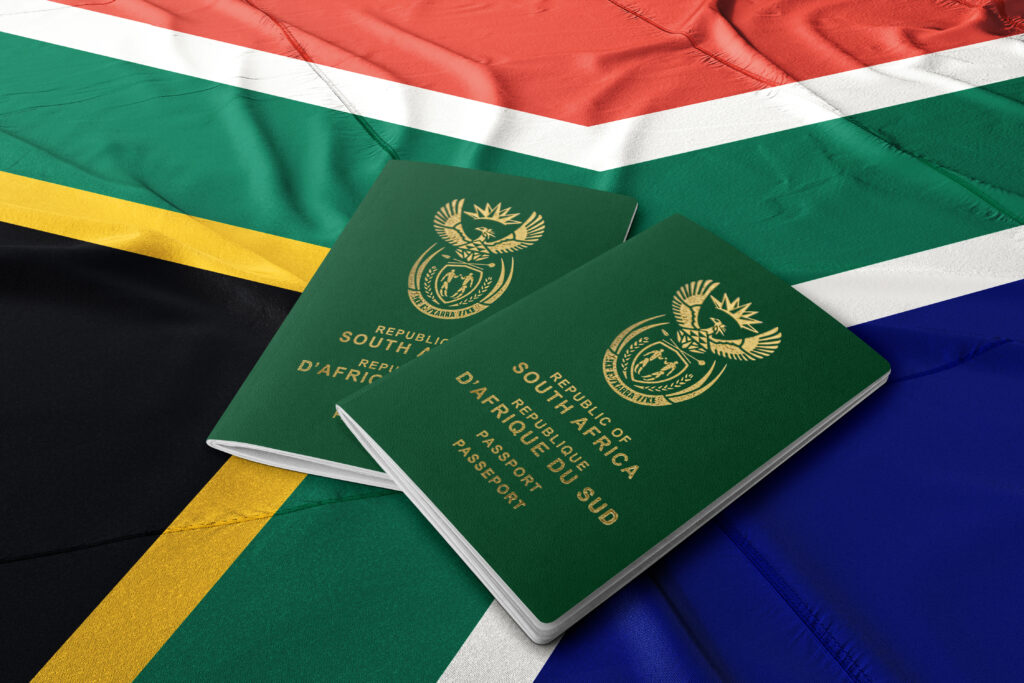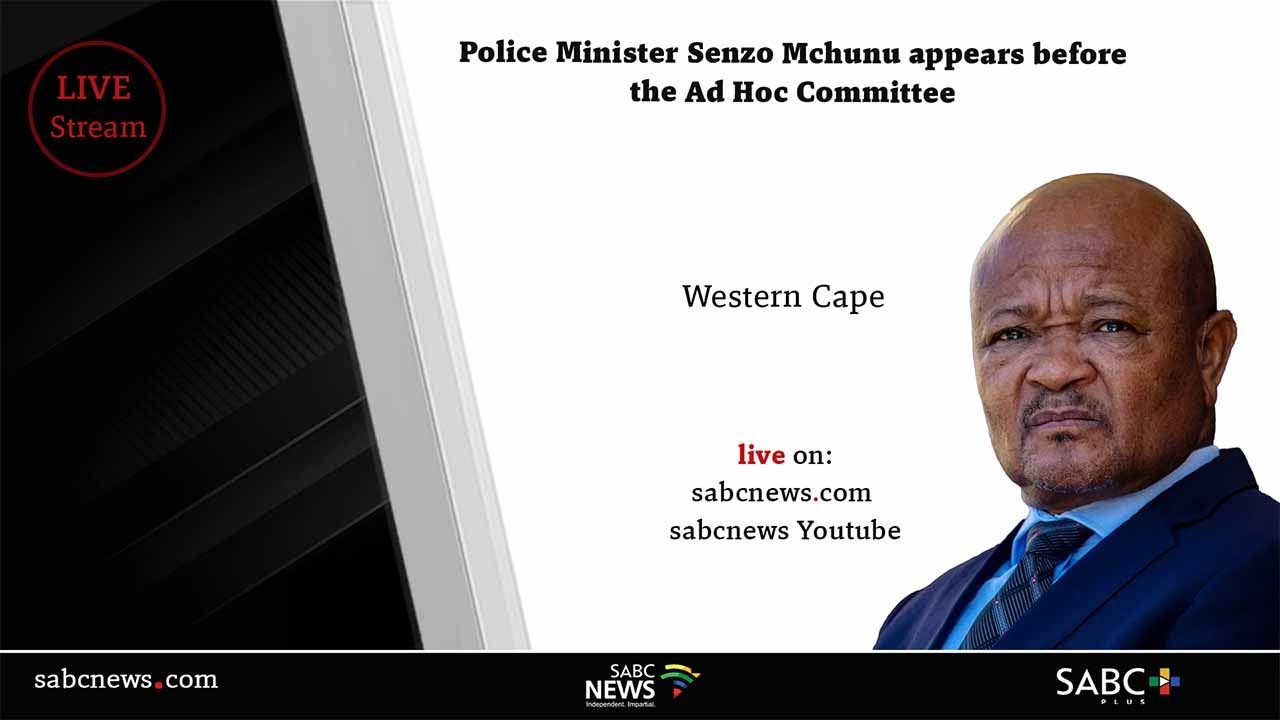The Importance of Passport Rankings
As globalization increases, travelers are increasingly aware of the power their passport holds. Passport rankings, which assess the number of countries a passport holder can enter without a visa or with visa-on-arrival, have become critical indicators of a nation’s influence and international relations. In recent months, South Africa’s passport has faced a notable decline in global rankings, raising concerns among citizens and travel enthusiasts alike.
Current Ranking Overview
According to the Henley Passport Index, South Africa’s passport currently ranks 52nd globally, having slipped from 49th place in the previous year. This decline means that South African passport holders can only access 105 destinations without the need for a visa, which is a significant drop from previous years where access was better. Events such as strained diplomatic relations and increased travel restrictions, particularly in regions such as Europe and North America, have contributed to this adverse trend.
Factors Contributing to the Decline
Several key factors have led to the decline in the ranking of South Africa’s passport:
- Political Instability: The internal political landscape has seen turbulence, with frequent changes in policy affecting international perceptions.
- Security Concerns: Increasing reports of crime and safety issues have led some countries to impose stricter visa requirements for South African travelers.
- COVID-19 Impact: The global pandemic has reshaped international travel policies, with ongoing concerns about health and safety impacting the mobility of South African passport holders.
Repercussions for South African Travelers
For South African travelers, this decline means increased bureaucracy and potential costs when planning international trips. With more countries imposing visa requirements, travel becomes time-consuming and can lead to financial stress for individuals planning trips abroad. Additionally, it may affect business opportunities as international partnerships often depend on ease of mobility.
Future Implications
As South Africa navigates through these challenges, improving its passport ranking will involve strengthening diplomatic relationships and enhancing the country’s reputation on the global stage. Efforts to boost security, stability, and economic growth will also play a crucial role.
In conclusion, the decline in South Africa’s passport ranking is a multifaceted issue that mirrors broader socio-economic and political realities in the country. It serves as a reminder of the significant impact that global perceptions, travel policies, and national dynamics can have on the everyday lives of citizens. Moving forward, it will be essential for the government and policymakers to address these factors to restore confidence in the South African passport, rekindling international mobility for its citizens.


